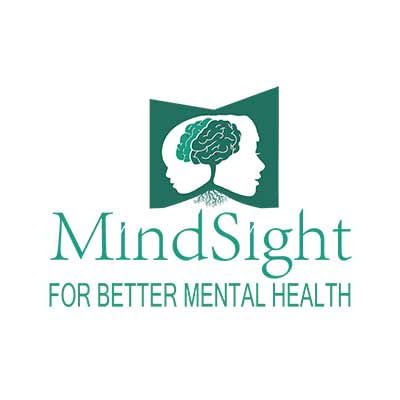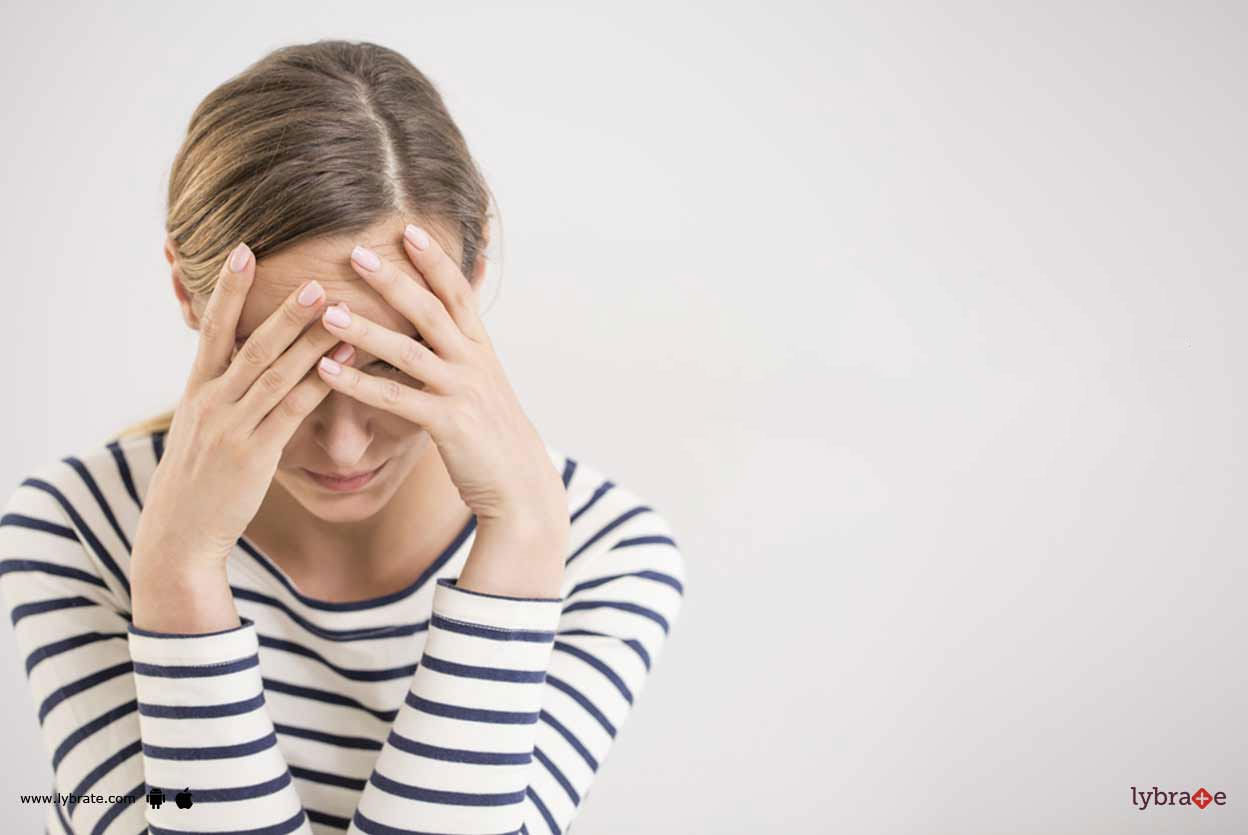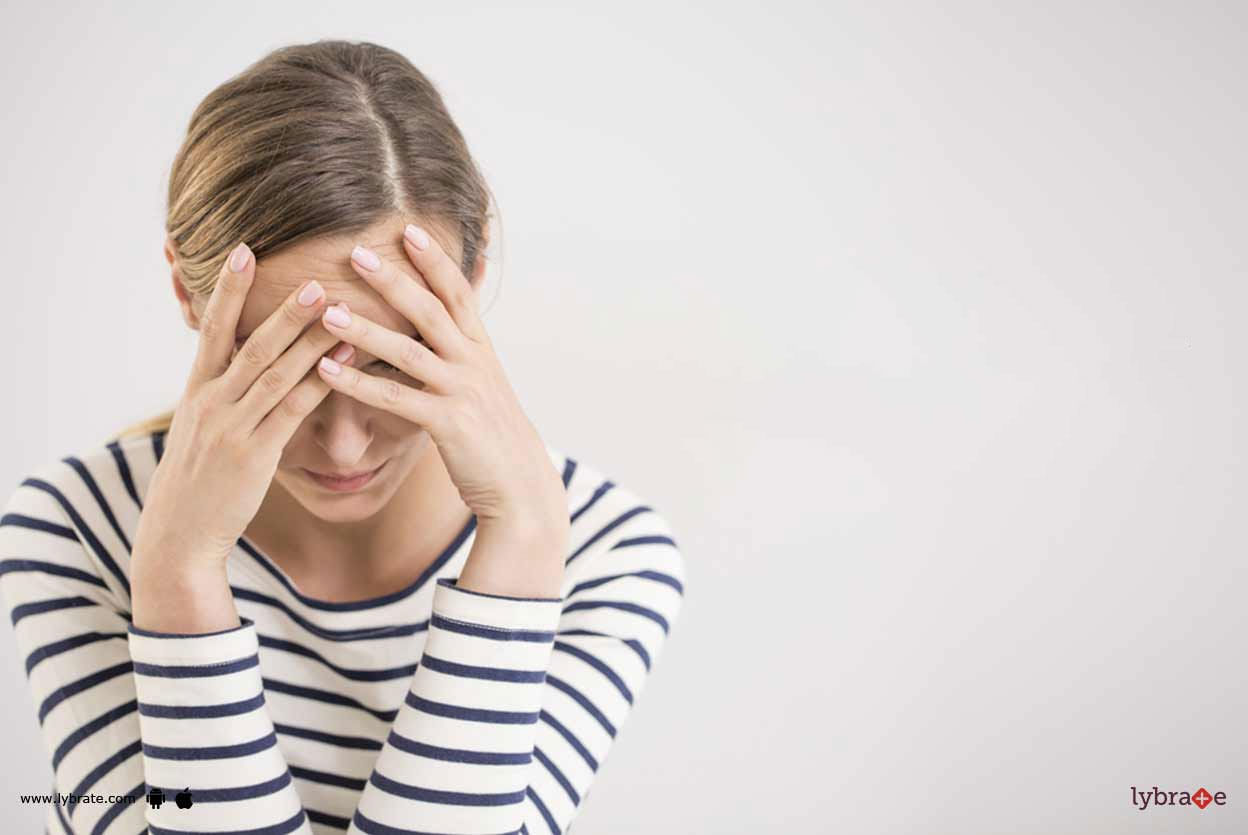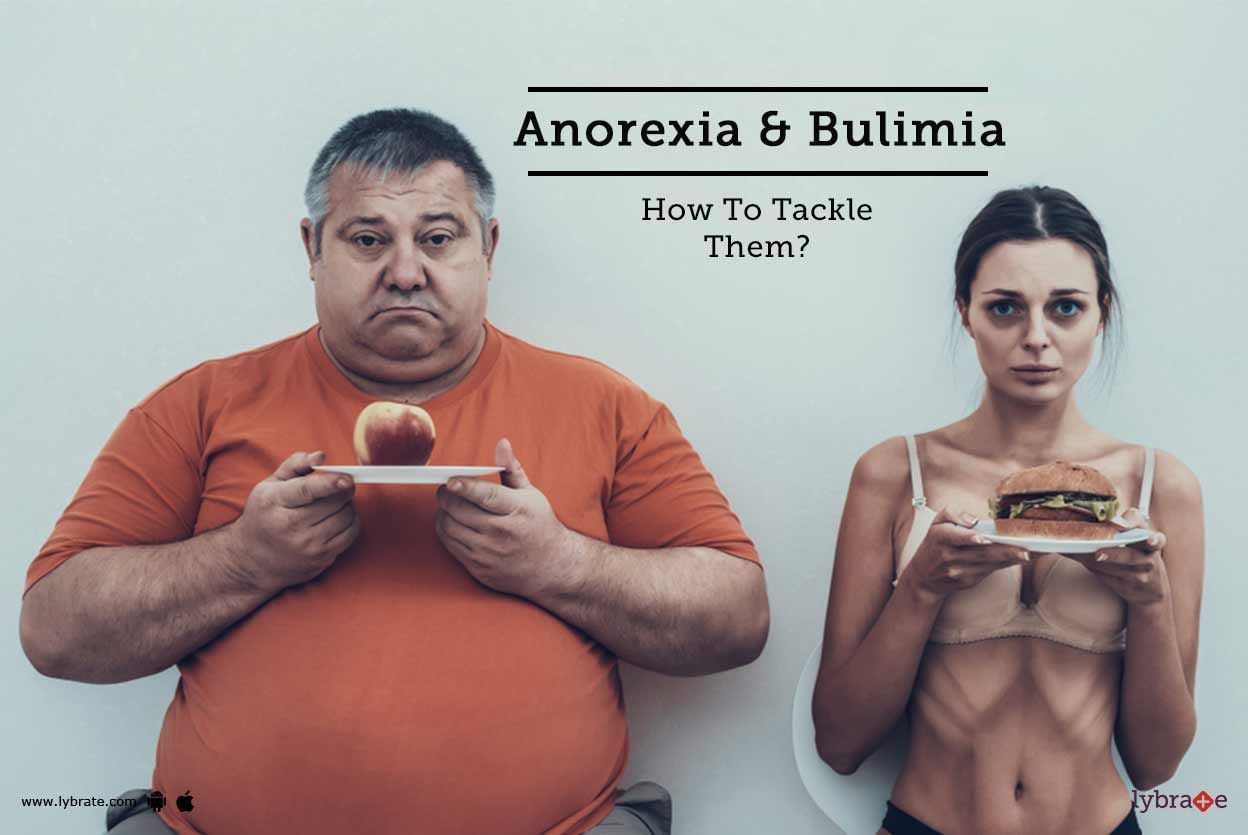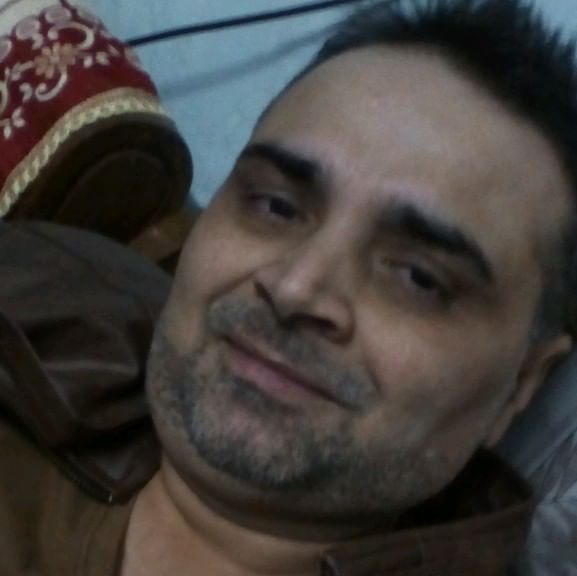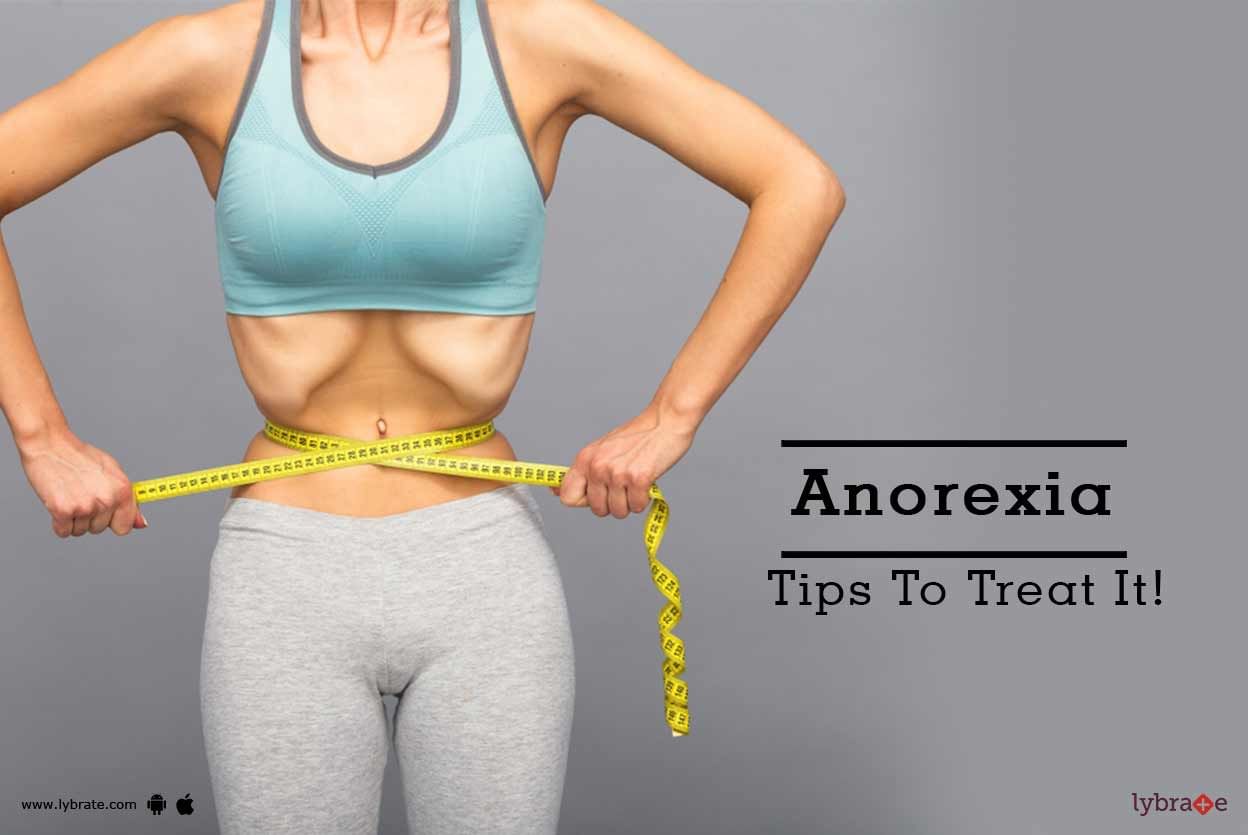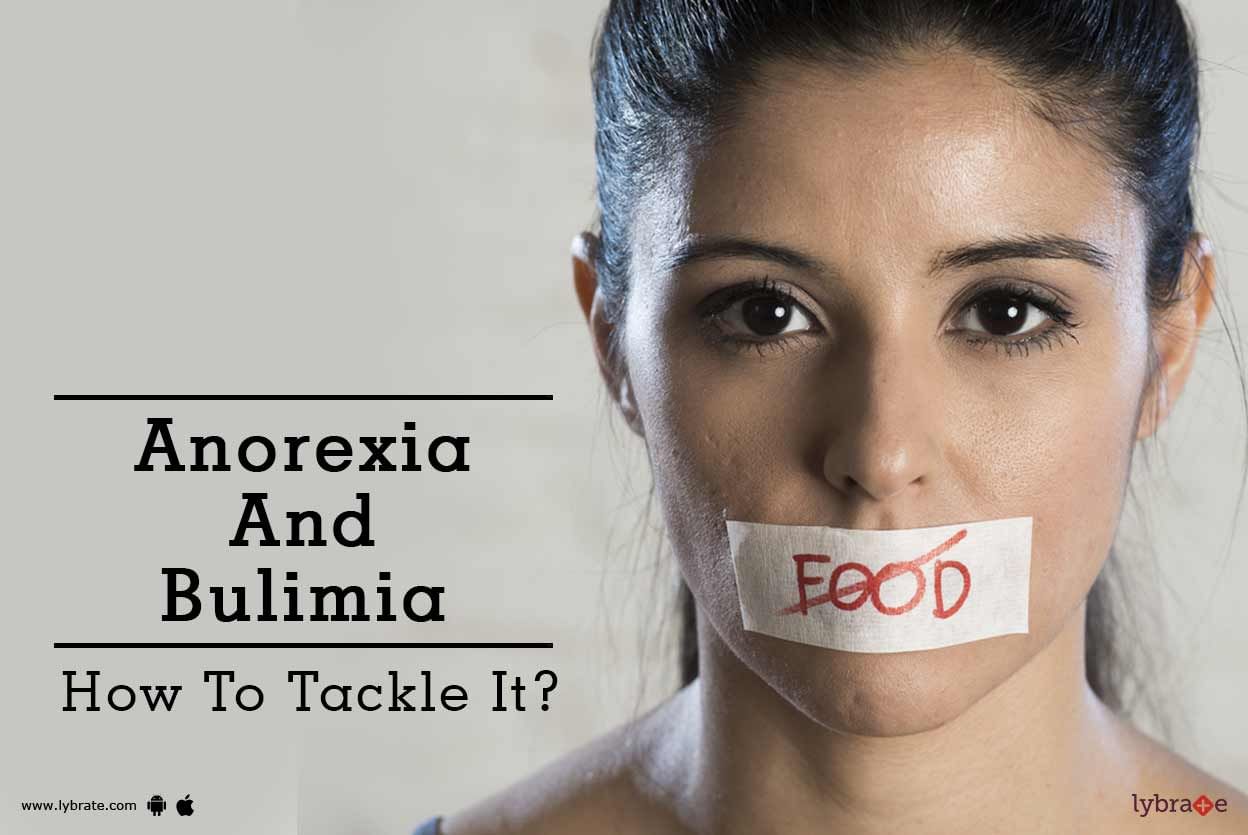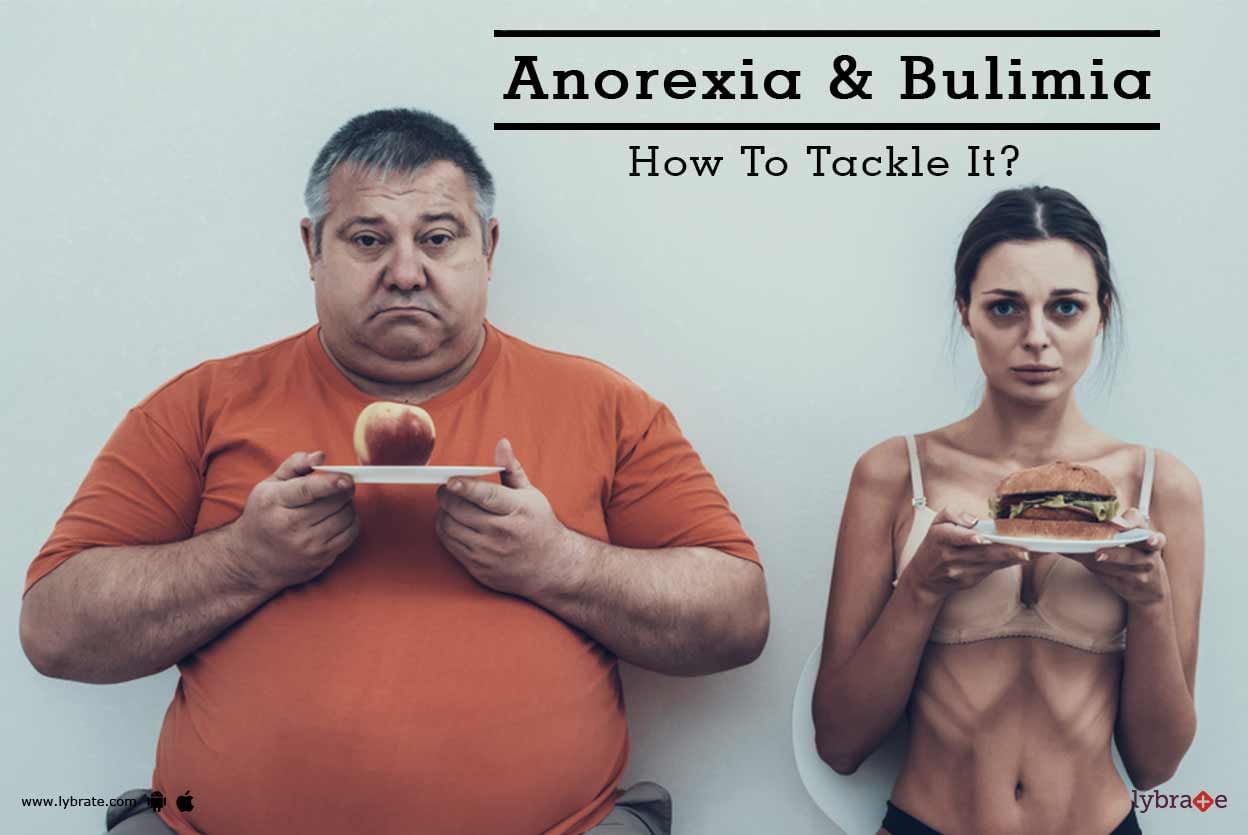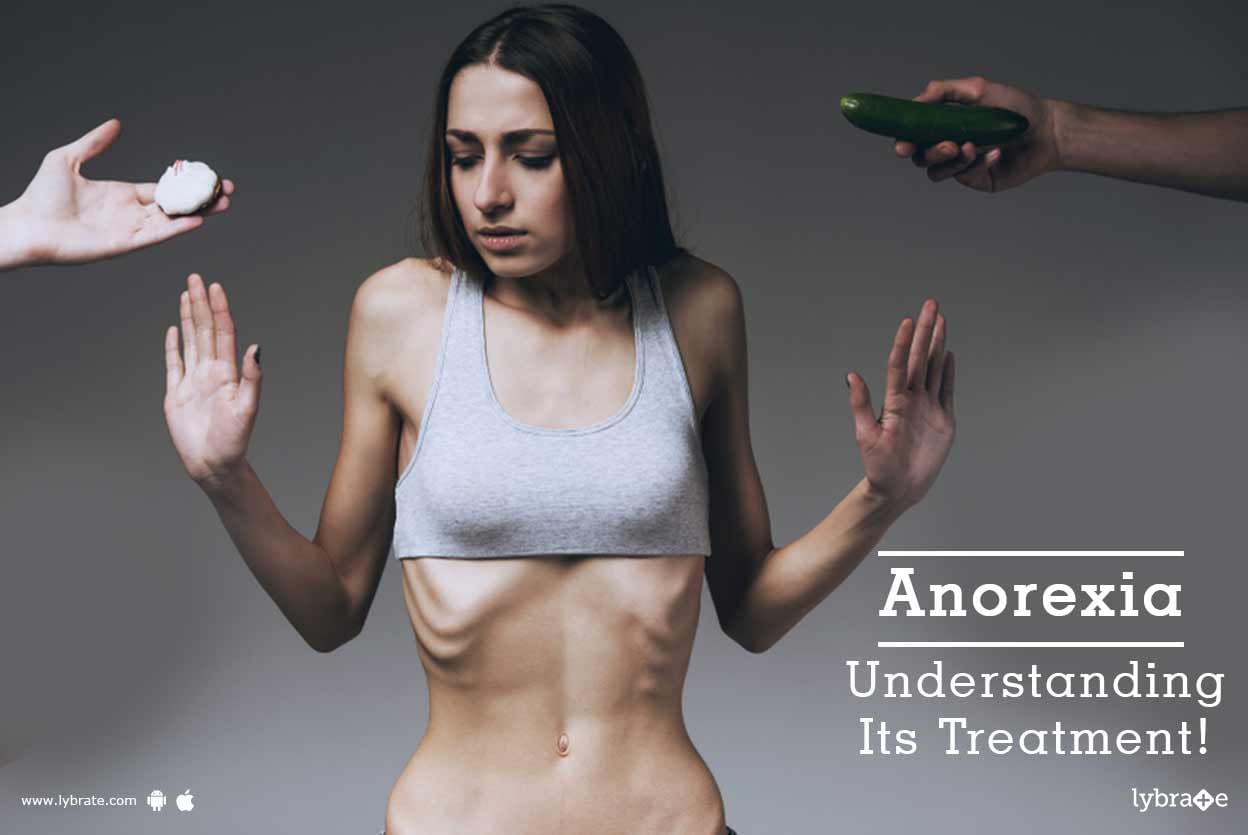Get the App
For Doctors
Login/Sign-up
About
Health Feed
Find Doctors
Health Packages
AllQ&AsTipsQuizzes
Anorexia Tips
Last Updated: 5 years ago• Featured Tip
Share
Bookmark
Report
Psychiatrist•Mumbai
An eating disorder, mostly appears when your food habits reach levels of extremity.
Anorexia nervosa and Bulimia are two main and the most common eating disorders found in men and women. One is the lower extreme while the other is the higher extreme in terms of food intake.
Anorexia
People who are affected with anorexia think of themselves to be very overweight in spite of actually being very slim and thin. Anorexia inflicted people consume less than a thousand calorie...more
Anorexia nervosa and Bulimia are two main and the most common eating disorders found in men and women. One is the lower extreme while the other is the higher extreme in terms of food intake.
Anorexia
People who are affected with anorexia think of themselves to be very overweight in spite of actually being very slim and thin. Anorexia inflicted people consume less than a thousand calorie...more
Last Updated: 6 years ago• Featured Tip
Share
Bookmark
Report
Dietary problems are a bunch of conditions portrayed by strange dietary patterns. These may include either lack of appetite or extreme food intake to the depletion of a person s physical and emotional well-being. The two major kinds of eating disorders are as follows:
Anorexia nervosa: A mental dietary problem wherein the person does not eat enough, regardless of the amount of appetite they have. He or she, in the long run, loses enough weight to wind up being skinny.
Bulimia: Bulim...more
Anorexia nervosa: A mental dietary problem wherein the person does not eat enough, regardless of the amount of appetite they have. He or she, in the long run, loses enough weight to wind up being skinny.
Bulimia: Bulim...more
Last Updated: 6 years ago• Featured Tip
Share
Bookmark
Report
Dietary problems are a bunch of conditions portrayed by strange dietary patterns. These may include either lack of appetite or extreme food intake to the depletion of a person s physical and emotional well-being. The two major kinds of eating disorders are as follows:
Anorexia nervosa: A mental dietary problem wherein the person does not eat enough, regardless of the amount of appetite they have. He or she, in the long run, lose enough weight to wind up being skinny.
Bulimia: Bulimi...more
Anorexia nervosa: A mental dietary problem wherein the person does not eat enough, regardless of the amount of appetite they have. He or she, in the long run, lose enough weight to wind up being skinny.
Bulimia: Bulimi...more
Last Updated: 6 years ago• Featured Tip
Share
Bookmark
Report
Psychologist•Mumbai
Anorexia is one of the most common eating disorders plaguing a large section of today's youth. Anorexia is one such condition which arises as a psychological ailment and then culminates as serious physical manifestations. One of the most prominent preconditions of anorexia is the severe dissatisfaction with your body. The desire to lose weight constantly reigns supreme in your mind. So much so, that all that you can permit yourself to eat and all that you can't preoccupies your mind entirely. Th...more
Last Updated: 6 years ago• Featured Tip
Share
Bookmark
Report
Anorexia is one of the most common eating disorders plaguing a large section of today's youth. Anorexia is one such condition which arises as a psychological ailment and then culminates as serious physical manifestations. One of the most prominent preconditions of anorexia is the severe dissatisfaction with your body.
The desire to lose weight constantly reigns supreme in your mind. So much so, that all that you can permit yourself to eat and all that you can't preoccupy your mind enti...more
The desire to lose weight constantly reigns supreme in your mind. So much so, that all that you can permit yourself to eat and all that you can't preoccupy your mind enti...more
Last Updated: 6 years ago• Featured Tip
Share
Bookmark
Report
MD - Psychiatry, MBBS Bachelor of Medici...read more
Psychiatrist•Vijayawada
An eating disorder mostly appears when your food habits reach levels of extremity.
Anorexia nervosa and Bulimia are two main and the most common eating disorders found in men and women. One is the lower extreme while the other is the higher extreme in terms of food intake.
Anorexia
People who are affected with anorexia think of themselves to be very overweight in spite of actually being very slim and thin. Anorexia inflicted people consume less than a thousand calories per ...more
Anorexia nervosa and Bulimia are two main and the most common eating disorders found in men and women. One is the lower extreme while the other is the higher extreme in terms of food intake.
Anorexia
People who are affected with anorexia think of themselves to be very overweight in spite of actually being very slim and thin. Anorexia inflicted people consume less than a thousand calories per ...more
Last Updated: 6 years ago• Featured Tip
Share
Bookmark
Report
Anorexia is one of the most common eating disorders plaguing a large section of today's youth. Anorexia is one such condition which arises as a psychological ailment and then culminates as serious physical manifestations. One of the most prominent preconditions of anorexia is the severe dissatisfaction with your body. The desire to lose weight constantly reigns supreme in your mind. So much so, that all that you can permit yourself to eat and all that you can't pre-occupies your mind entirely. T...more
Last Updated: 6 years ago• Featured Tip
Share
Bookmark
Report
An eating disorder, mostly appears when your food habits reach levels of extremity.
Anorexia nervosa and Bulimia are two main and the most common eating disorders found in men and women. One is the lower extreme while the other is the higher extreme in terms of food intake.
Anorexia
People who are affected with anorexia think of themselves to be very overweight in spite of actually being very slim and thin. Anorexia inflicted people consume less than a thousand calories per...more
Anorexia nervosa and Bulimia are two main and the most common eating disorders found in men and women. One is the lower extreme while the other is the higher extreme in terms of food intake.
Anorexia
People who are affected with anorexia think of themselves to be very overweight in spite of actually being very slim and thin. Anorexia inflicted people consume less than a thousand calories per...more
Last Updated: 6 years ago• Featured Tip
Share
Bookmark
Report
An eating disorder, mostly appears when your food habits reach levels of extremity.Anorexia nervosa and Bulimia are two main and the most common eating disorders found in men and women. One is the lower extreme while the other is the higher extreme in terms of food intake.
Anorexia
People who are affected with anorexia think of themselves to be very overweight in spite of actually being very slim and thin. Anorexia inflicted people consume less than a thousand calories per day....more
Anorexia
People who are affected with anorexia think of themselves to be very overweight in spite of actually being very slim and thin. Anorexia inflicted people consume less than a thousand calories per day....more
Last Updated: 6 years ago• Featured Tip
Share
Bookmark
Report
Anorexia is one of the most common eating disorders plaguing a large section of today's youth. Anorexia is one such condition which arises as a psychological ailment and then culminates as serious physical manifestations. One of the most prominent preconditions of anorexia is the severe dissatisfaction with your body.
The desire to lose weight constantly reigns supreme in your mind. So much so, that all that you can permit yourself to eat and all that you can't pre-occupies your mind en...more
The desire to lose weight constantly reigns supreme in your mind. So much so, that all that you can permit yourself to eat and all that you can't pre-occupies your mind en...more
Book appointment with top doctors for Anorexia treatment
View fees, clinic timings and reviews
Ask a free question
Get FREE multiple opinions from Doctors
posted anonymously







